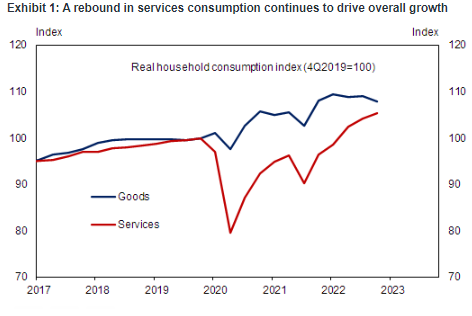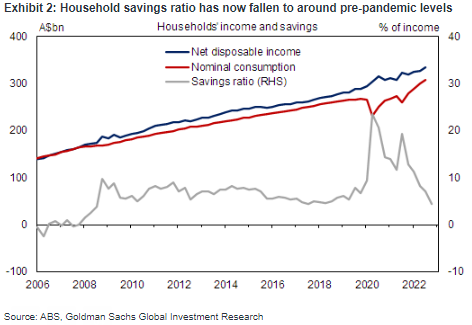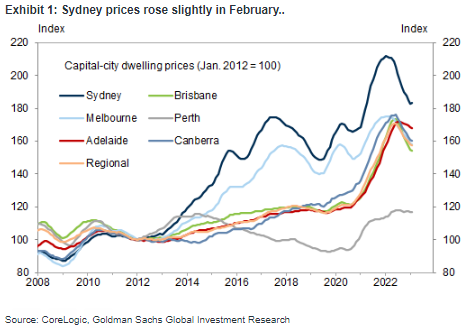GBP/AUD Rate Cushioned by RBA Outlook and Related Risks
"I am more concerned about the attack on you personally from members of the government's backbench and the executive in part and whether it would erode the independence of the central bank. Again, I ask: are there any steps you are taking to protect and preserve the independence of the bank from these political attacks?" - Australian Senator Andrew Bragg.
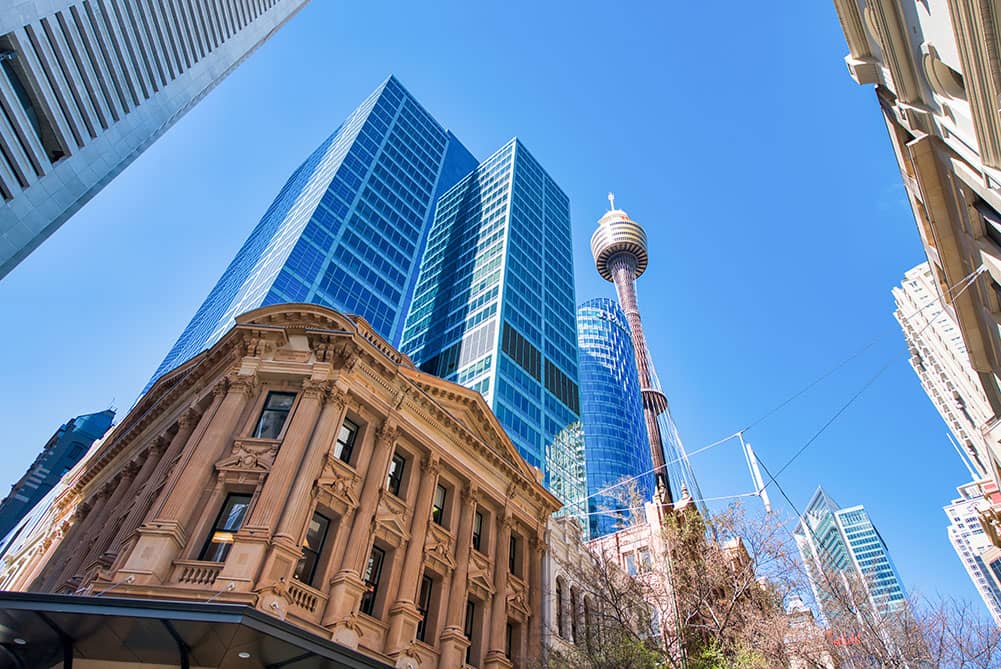
The Pound to Australian Dollar exchange rate remained near three-month highs in mid-week trade after local data queried elevated market-implied expectations for the Reserve Bank of Australia (RBA) cash rate, which could yet stoke further political controversy over the pathway of borrowing costs.
Australia's Dollar rose amid declines in U.S. Dollar rates and gains for some stock indices following better-than-expected data out in China, which seemingly offset softer numbers from the Australian Bureau of Statistics.
Inflation dipped in a reversal of the increase seen in December with the annual pace of price growth falling from 8.4% to 7.4% after economists suggested on average that inflation would fall to only 8.1%.
Meanwhile, the final quarter saw GDP growth ease from an upwardly-revised 0.7% to 0.5%, leaving it below a consensus forecast of 0.8% and making for the softest expansion of the year after imports fell and exports rose.
"Today’s National Accounts were weaker than expected, but are unlikely to derail a series of further RBA rate hikes in our view," says Andrew Boak, CFA and chief economist for Australia & New Zealand at Goldman Sachs.
Above: Real terms household spending on goods and services shown alongside changes incomes and household saving rate. Click each image for closer inspection. Source: Goldman Sachs Global Investment Research.
"Beyond the usual quarterly volatility, we note that the National Statistician flagged that severe flooding weighed temporarily on activity in the quarter, and we expect the RBA to remain focused on accelerating labour costs," Boak and colleagues write following review of the data.
While market-implied expectations of the cash rate were little changed following Wednesday's data and many economists do still anticipate further increases from the RBA, the Australian Dollar's scope to benefit from these is diminishing in light of the softening economy.
That's partly because the softening economy prevents the level of rates priced-in for the future from rising and could yet lead to further or more intense political controversy over the recent and future increases in borrowing costs.
"I am more concerned about the attack on you personally from members of the government's backbench and the executive in part and whether it would erode the independence of the central bank. Again, I ask: are there any steps you are taking to protect and preserve the independence of the bank from these political attacks?" asks Senator Andrew Bragg in a February parliamentary hearing.
Above: Changes in value of dwelling prices across different parts of Australia. Source: Goldman Sachs Global Investment Research, CoreLogic. Click image for closer inspection.
Controversy over RBA policy was alluded to by Senator Bragg and raised by others in a session of the Economics Legislation Committee around the middle of February, drawing the following from Governor Philip Lowe.
"I don't feel like the independence of the institution is under attack. It's not affecting our decision making; let me assure you that. The decisions are based on the data, the analysis and the facts. That's not the noise around. We will continue to operate that way. The Treasurer and I haven't really spoken about interest rates. That's the way we operate. There's no pressure from Treasurer Chalmers. It's noisy, but raising interest rates is always unpopular," Governor Lowe then said in reply to the committee.
Market concerns about central bank "independence" are universal and have at their heart questions of trust in things like institutions, sovereign states and money, hence how they might come to impact Australian Dollar exchange rates in the event of further or simply more intense controversy over the RBA.
"AUD/USD decreased strongly by 4.6% in February. Much of that fall reflected a stronger USD against all the major currencies. AUD decreased despite hawkish comments by the Reserve Bank of Australia (RBA). According to the RBA’s post‑meeting statement, it ‘expects that further increases in interest rates will be needed,’" says Carol Kong, an economist and currency strategist at Commonwealth Bank of Australia.
"Economic data was mixed in February. For example, building approvals surged by 18.5%/mth in December (consensus: 1.0%/mth). Retail sales volumes eased by ‘only’ 0.2%/qtr in Q4 2022. However, Australian employment unexpectedly decreased for a second consecutive month in January. Wage growth was weaker than expected in Q4 2022 (0.8%/qtr versus 1.0%/qtr). Interest‑rate sensitive ‘construction work done’ was also weaker," she adds.
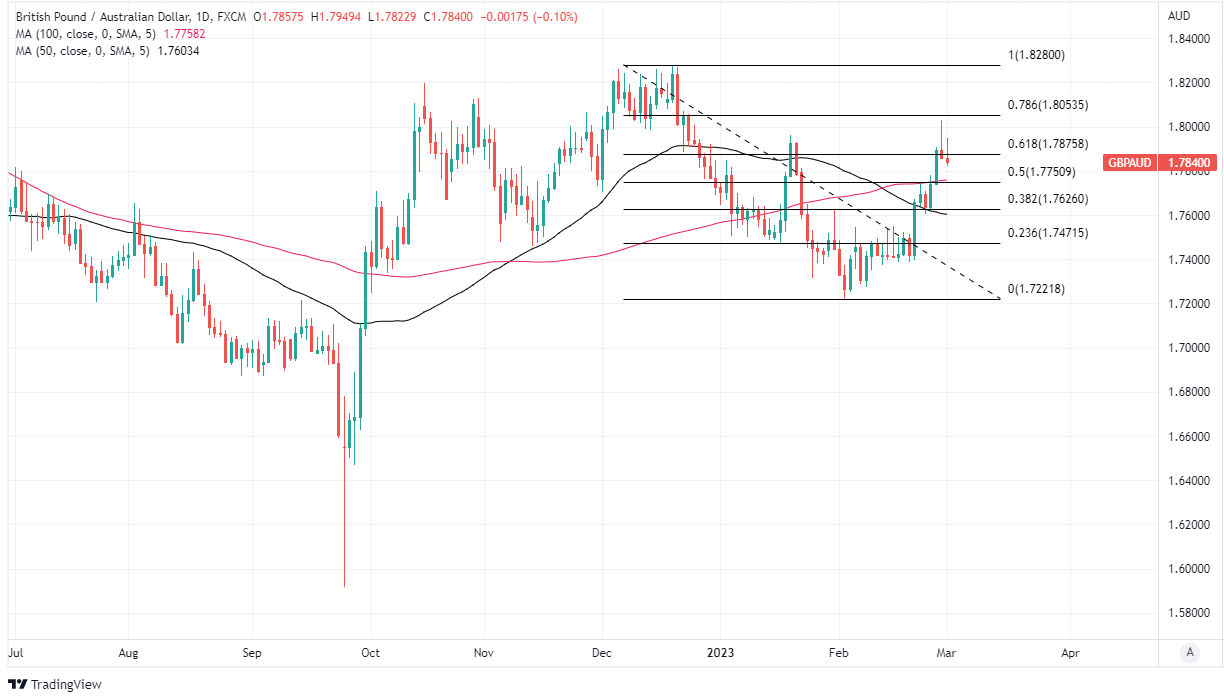 Above: Pound to Australian Dollar rate at daily intervals with Fibonacci retracements of December fall indicating possible technical resistances while selected moving averages denote prospective support for Sterling. Click image for closer inspection. (If you are looking to protect or boost your international payment budget you could consider securing today's rate for use in the future, or set an order for your ideal rate when it is achieved, more information can be found here.)
Above: Pound to Australian Dollar rate at daily intervals with Fibonacci retracements of December fall indicating possible technical resistances while selected moving averages denote prospective support for Sterling. Click image for closer inspection. (If you are looking to protect or boost your international payment budget you could consider securing today's rate for use in the future, or set an order for your ideal rate when it is achieved, more information can be found here.)
